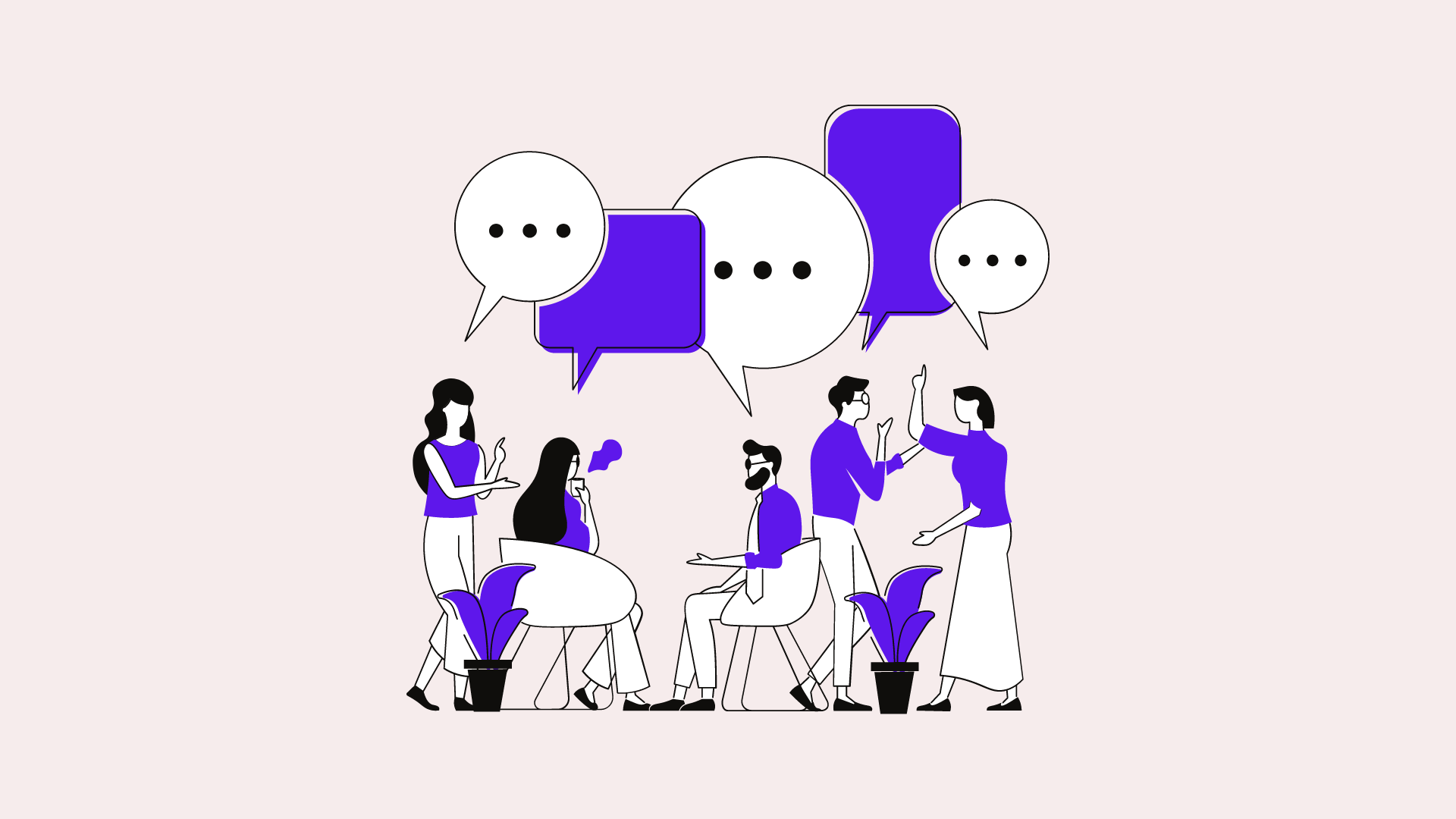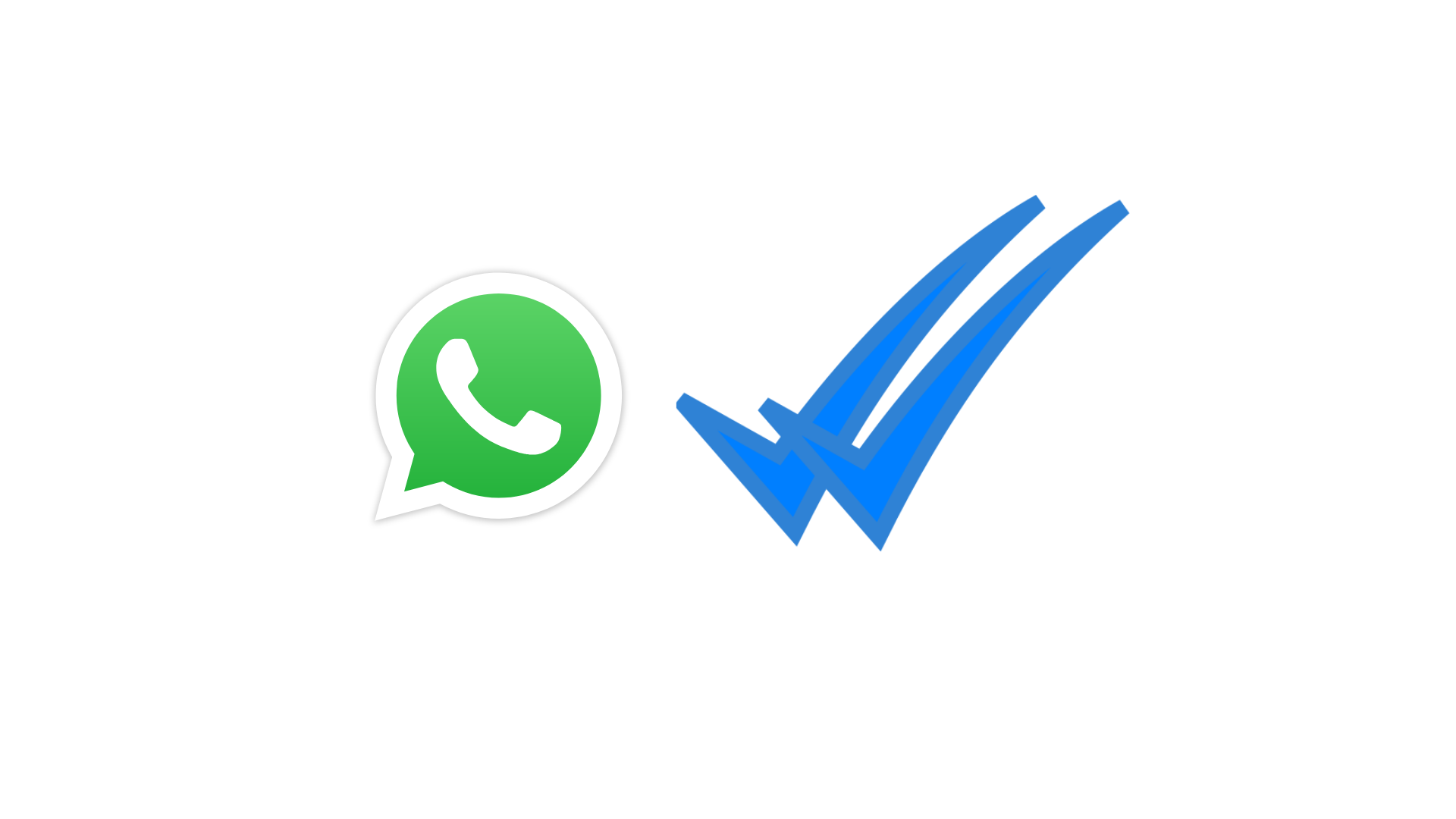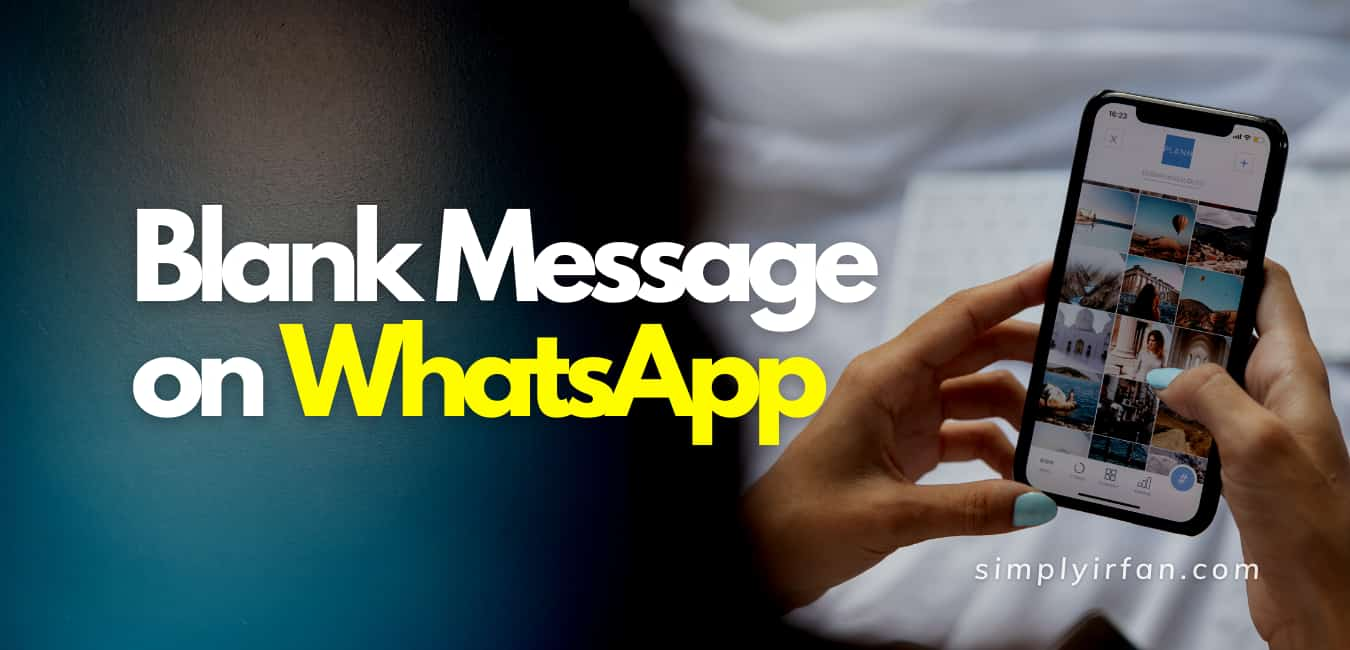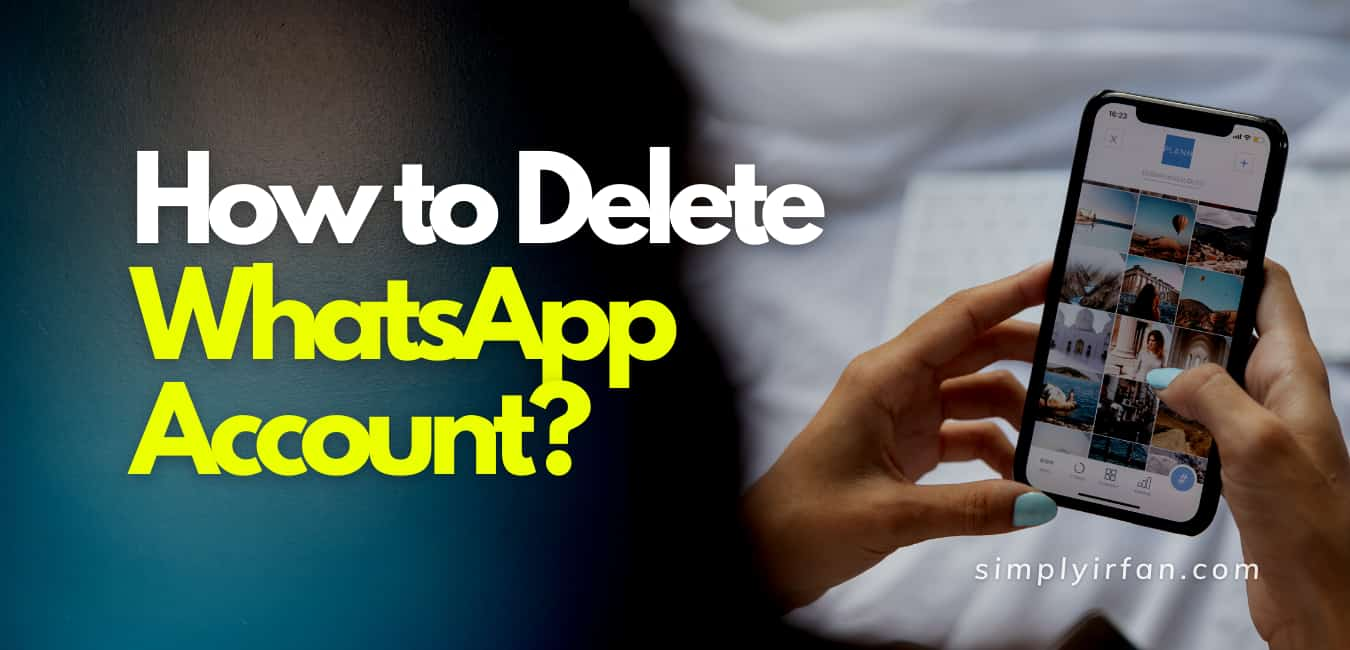How do you use WhatsApp Business for marketing? Like all largely unexplored areas, there are equal risk and rewards measures for early adopters.
If you think about social media, you’re probably thinking about sites like Facebook or Twitter straight away. However messaging apps have indeed attracted user-friendly social networks. And networking apps for marketing are widely being used.
The global leader is WhatsApp, with 1.5 billion active monthly users globally. WhatsApp is a term for what’s up!”
It cannot be ignored that WhatsApp has captured a large market. However, how do you use WhatsApp successfully for marketing? Equal risk and reward measures remain, as are all largely unexplored boundaries. This is our WhatsApp marketer’s guide.
What is WhatsApp?
WhatsApp is a free messaging service that allows you to chat with other WhatsApp users on your phone without paying for text messages. The app also supports free voice and video calls and lets you share files and images.
It is popular in areas with high SMS prices such as Brazil, Mexico, and Malaysia for its support for a wide range of mobile phones, where 60 percent of the population uses WhatsApp. In 109 countries or 55.6 percent of the world, it is the most popular alternative to SMS.
As Facebook acquired WhatsApp in February 2014 for $19 billion, it has been operating since then as an independent company and does not have the same advertising friendly functionality as Facebook Messenger.
How to use WhatsApp Business for Marketing
WhatsApp is available for iPhone, Android, Windows, and Nokia S40 models. There is also a web app and laptop edition either for Mac or Windows PCs, but you must update the app first because every WhatsApp account has a single telephone number directly attached.
You need to confirm your country and enter your telephone number after you download and update the app. You can either upload your Facebook details with a single click to set up your profile or add an image manually and add a profile name (which you can modify later).
To bring you an up-to-date directory of WhatsApp users you already know, WhatsApp uses the phone numbers from your phone contact list. Anyone with your phone number in the address book of his or her phone will still see your list immediately if you don’t change your privacy settings.
There are three simple ways to use WhatsApp to exchange notes, images, and videos.
1 to 1 Chat
You can communicate directly, like most chat services, with another person in the contact list of your phone. You can even call or video, or even record message audio clips.
Broadcast List
When you send a message to a broadcast list, it is sent to everyone on the list who has saved your number. You can see the message as a standard message identical to the email feature of the BCC (blind carbon copy). If you answer this message, it appears on your chat screen, as usual, one-to-one and the response won’t be sent to anyone else. Broadcast lists of 256 contacts are limited.
Group Chats
Group chats allow you to exchange texts, images, and videos with up to 256 people at once. Everyone in the chat group will chat and see the replies of all the others, too.
Why should you do business via WhatsApp?
The biggest argument to use WhatsApp for business is that it is possibly already used by many of the customers. Every day, over 60 billion messages are sent via WhatsApp.
Interestingly, WhatsApp consumers and related platforms are ready to contact businesses. 67 percent of mobile messaging app users have reportedly been planning to use chat to communicate with companies in the next two years according to a Facebook Messaging Survey by Nielsen. Also, 53% of respondents claim they’re more likely to buy a message directly from a brand.
If your customers and prospects are young, they would be more relaxed with daily communication by using messaging apps.
A Pew Research Center report finds that 42% of smartphone owners between the ages of 18 and 29 use chat applications like WhatsApp, compared to only 19% of smartphone owners aged 50 or over.
Furthermore, messaging applications such as WhatsApp have a tremendous commitment rate: 98% of mobile messages open and read, 90% open in 32 seconds.
WhatsApp can already be an essential way for you as opposed to more government networks like Facebook, for the sharing of content via dark social—the term described when people share content via private chains such as e-mail or chat apps like WhatsApp.
84 percent of online sharing now takes place on private channels like messaging apps, so your chances are likely to extend the reach of the content even though you are not using WhatsApp to market your business.
Marketing strategy and tips for WhatsApp business
Since WhatsApp does not sell ads or have any (yet) business-specific characteristics, your marketing approach needs to be innovative.
While WhatsApp is different from other messenger applications, along with your overall Messaging app marketing strategy it is important to develop your WhatsApp strategy.
When developing your WhatsApp marketing strategy, there are a few limitations you need to address. First, there is no business account, so if you create an account, your brand has the same restrictions as any other user.
Since each WhatsApp account is linked directly to a single mobile phone number — and with up to 256 WhatsApp users you can only message at once — this is not the right choice with one large-scale marketing. If you use the limitations to your advantage, your chances of success are higher.
Just like other mobile messaging services, part of WhatsApp’s power is the fact that it is linked to our phones, which tend to appear to be more personal to us than our computer systems aren’t shared and we carry them everywhere.
Any marketing campaigns you address should therefore reflect the personal aspect (and respect it). Consumers interact with friends, so confidentiality and creativity seem to be vital.
No surprise, some of the best examples are from the highest penetration regions, including South America, of the efficient WhatsApp campaigns.
WhatsApp business tools for marketing
WhatsApp has introduced a “Built-in App for Small Business Owners”. The applications can be downloaded free of charge and are available for Android, iPhone devices. It allows companies to interact easily with customers through tools that automate and organize messages and respond quickly.
To answer common questions more effectively, for example, you can store and reuse messages which you often send.
If you cannot answer immediately so that your customer knows when to expect a reaction, you can also set a message. You can also set up a greeting message that welcomes customers to your business.
Since WhatsApp does not yet offer business tools or an API, targeted campaigns on small scale, such as those mentioned above are the best strategy. You need to add your number to the contact list of your mobile phone to start engaging with people.
WhatsApp gives you a way that lets people start a conversation with their brand by adding a click on your website, an e-mail signature, or a social media page to chat.
Keeping in mind that expectations are for immediate responses in the message, so be sure to have the resources for chat management.
WhatsApp marketing tools and services from third parties are available to set up multiple WhatsApp accounts and marketer groups, but they can lead to temporary blocking or a full ban on your service. Moreover, mass messaging can damage your brand in this type of environment.
Although WhatsApp is not as rich in features as Facebook Messenger in marketing, it moves in that direction. Marketers who create campaigns with the unique characteristics of WhatsApp will benefit.
The fact that WhatsApp lacks advertising and company presence makes it possible for early adopters if they do it well.



